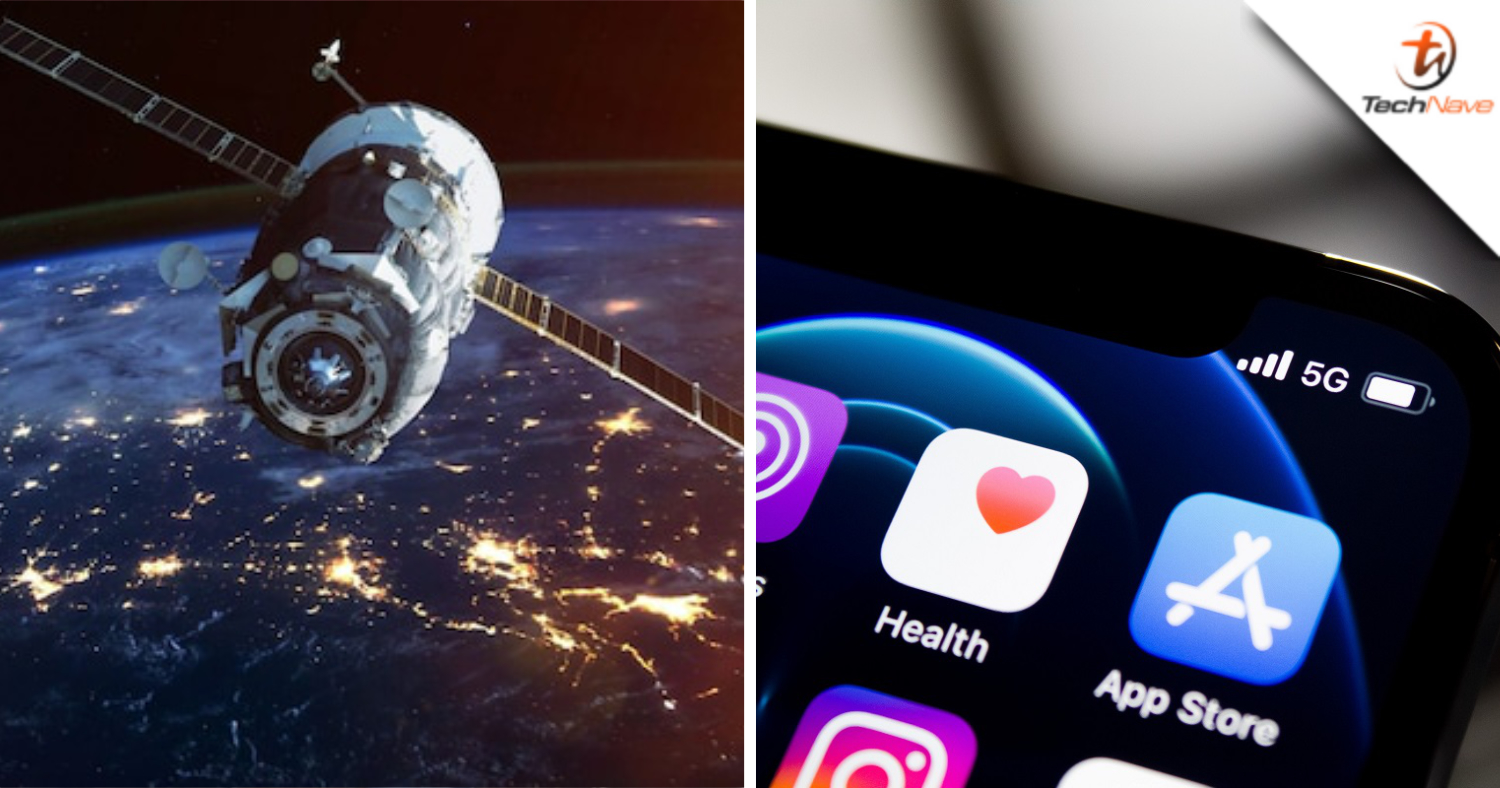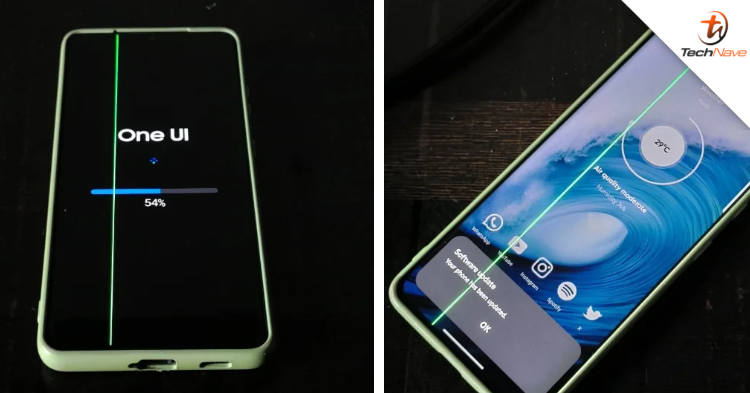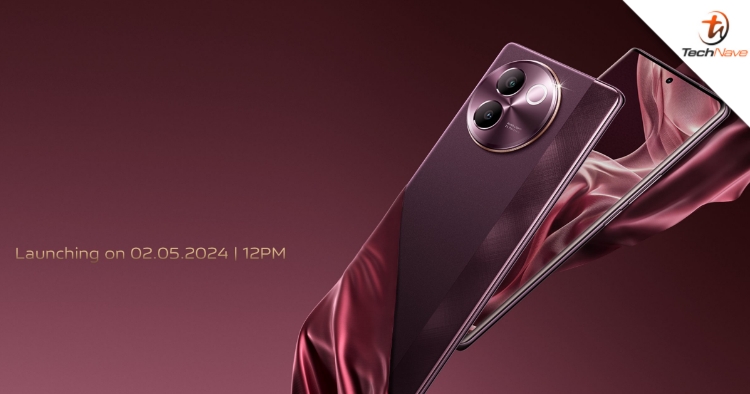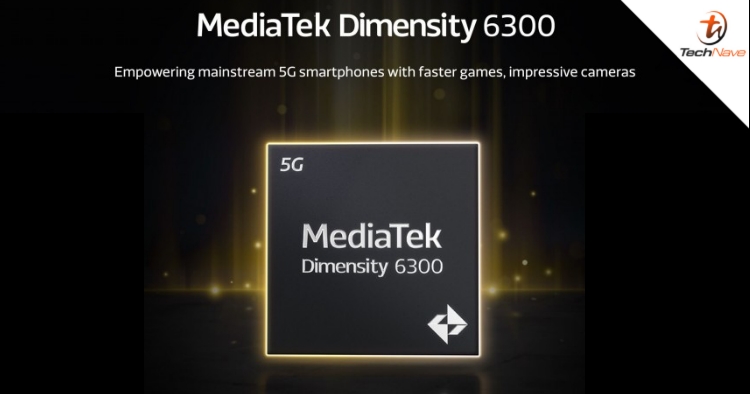
Soon, we may be able to get 5G connectivity even in the world’s most remote locations thanks to a joint effort by Swedish telecoms equipment maker Ericsson, US chip company Qualcomm and French aerospace company Thales. Allowing users to wirelessly access super fast internet at low latency where ever there are in the world, this new technology seeks to utilise low-Earth orbit (LEO) satellites.
As reported by Financial Times, the 3-company consortium is currently testing how 5G network could work using said satellites. Furthermore, this pilot study may allow for global wireless coverage from space and pave the way for the use of satellites as a back-up for terrestrial networks during outages or disasters.

This ‘LEO 5G network’ is made possible by the release of a new ‘non-terrestrial network’ standard earlier this year. The standard was initiated by 3GPP, one of the world’s most influential telecoms standard-setting bodies.
The head of special projects at Ericsson, Håkan Djuphammar asserted that currently, there is no ‘G connectivity’ from space and that this trial would be the first of its kind. He further elaborated that LEO satellites have reduced the distance the radio signal has to travel and made it much less costly to send up a satellite.
Currently, there are not many LEO satellites in orbit, with the burgeoning ecosystem being dominated by Elon Musk’s SpaceX. Hence, the consortium must overcome hurdles in ensuring that the network it creates is not too expensive as well as being able to connect the satellites to terrestrial infrastructure.
Well, let’s see how the trial will fare and whether it can have a practical application in the near future. All in all, the technology is definitely something that we can cautiously be excited about!
What do you guys think? Share your thoughts with us in the comments below and stay tuned to TechNave for the latest trending tech news.
















COMMENTS